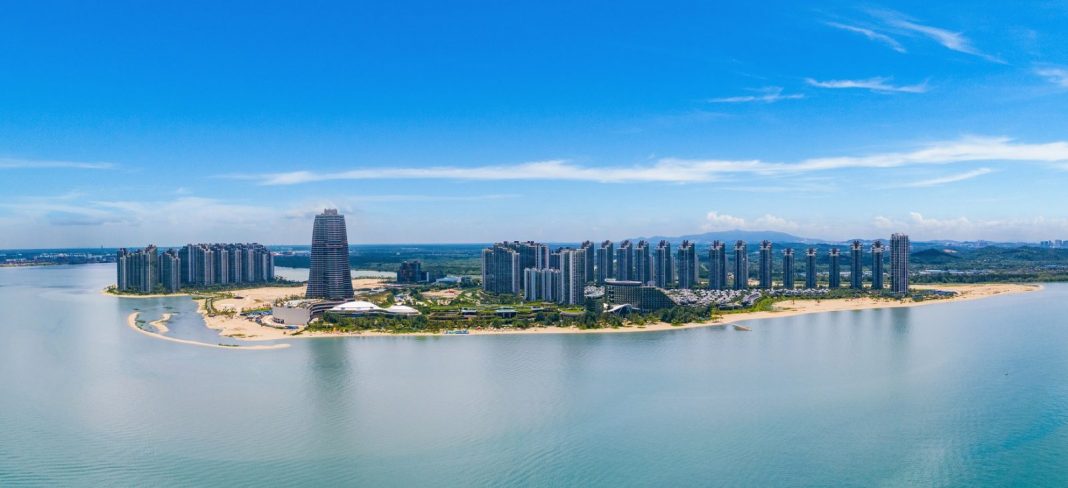The Malaysian government recently announced an incentive package aimed at encouraging the establishment of single-family offices in Forest City, Gelang Patah, Johor. This package targets family offices with assets under management (AUM) exceeding RM30 million, offering attractive incentives such as a 0% tax concession, accelerated industrial building allowances, withholding tax exemptions, stamp duty exemptions, and special relocation deductions.
The question is: Will all these incentives successfully attract investors to set up their family offices in Forest City, Johor?
Looking at the statistics, a 2024 Deloitte report revealed that there are 8,030 family offices globally, with 2,290 located in the Asia-Pacific region and 1,650 operating in Singapore. In contrast, Malaysia has seen very few family offices established to date.
Let’s take a closer look at the segment targeted by the Malaysian government, considering the set criteria and recent developments.
The announcement of the family office incentive package on 20 September 2024 coincided with the King of Malaysia’s (the Sultan of Johor) visit to China, signaling that this initiative may be primarily aimed at attracting Chinese investors. Additionally, the minimum AUM requirement of RM30 million (approximately S$10 million) is lower than Singapore’s threshold of S$20 million to establish a family office. This suggests that Malaysia is likely targeting the Chinese family office market with AUMs ranging between S$10 million and S$20 million.
Singapore’s recent tightening of anti-money laundering regulations may further prompt investors to explore Malaysia as a viable option for setting up family offices.
However, are the tax incentives alone enough to entice Chinese family offices to operate in Malaysia?
Our observations indicate that for many Chinese family offices, beyond the ecosystem and tax incentives, the possibility of obtaining permanent residency (PR) is a significant consideration when deciding to establish a family office in Malaysia. With the increasingly competitive and stressful environment in China, many Chinese citizens are seeking alternative long-term residency options outside their home country.
Obtaining PR in Malaysia is not an easy process. The government’s stance on granting PR status to family office owners could be a crucial factor in the success of this initiative. Without a clear pathway to PR, the incentive package may fall short of its potential to attract foreign investors to set up and settle in Forest City.
Even if the government intends to grant PR status to these investors, it must carefully navigate public sentiment, as PR and citizenship issues in Malaysia can easily become politicised.
Family offices are expected to begin operations in Q1 2025. Therefore, the key period to watch will be the first half of 2025 to see if new family offices are indeed established in Forest City.
